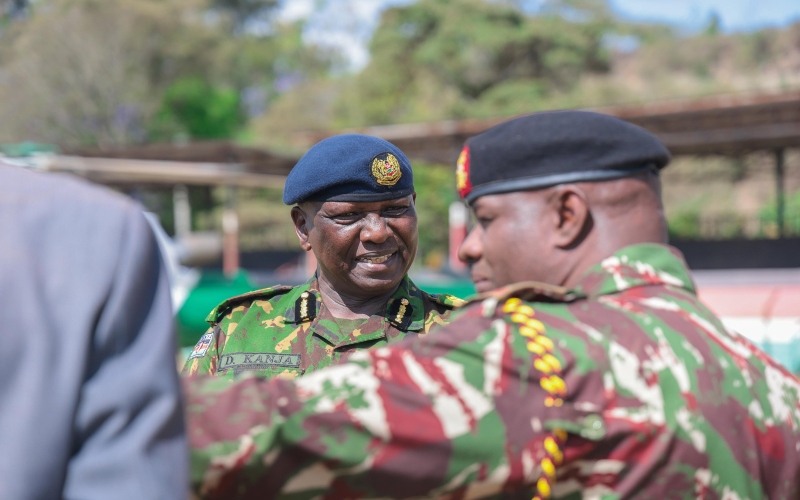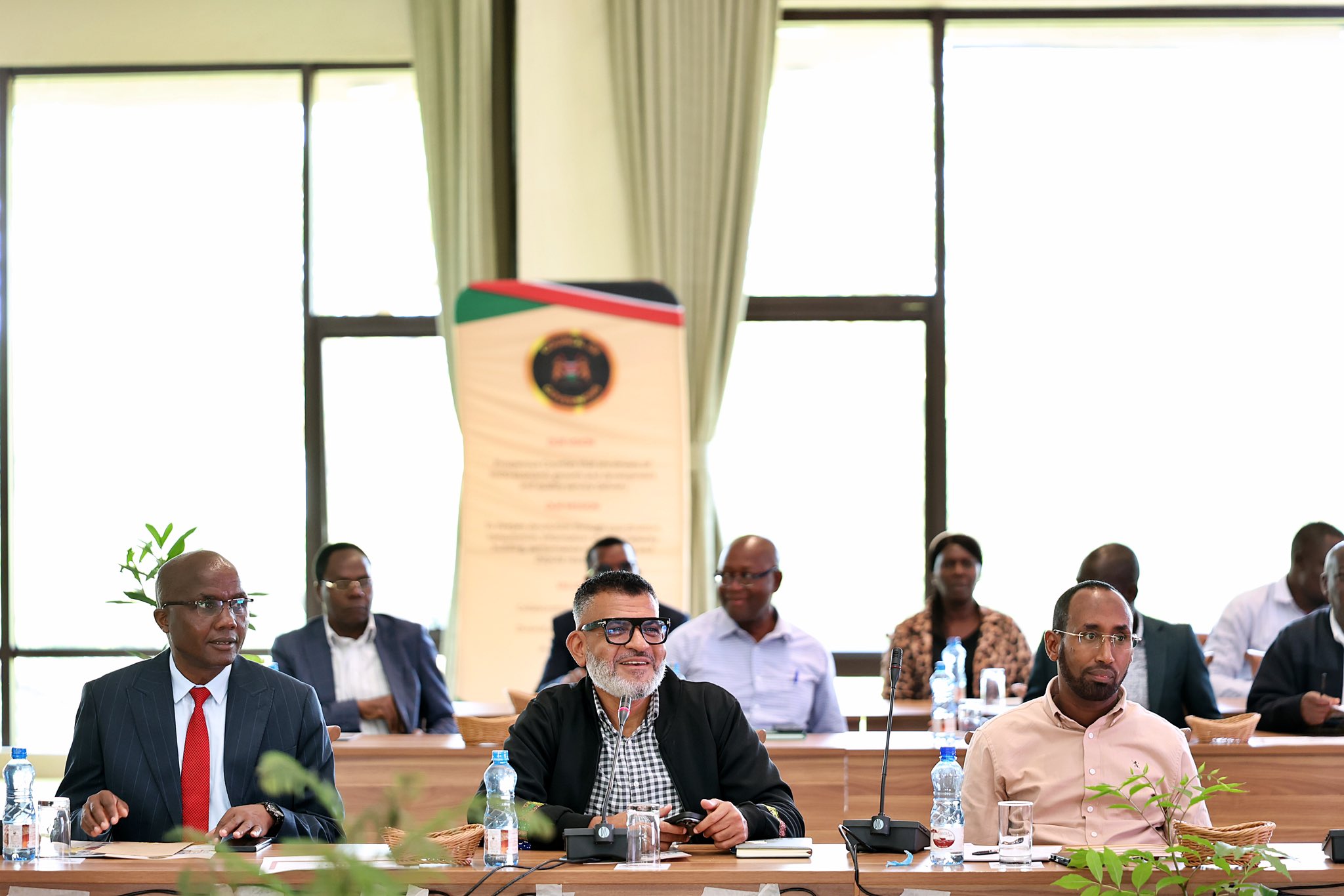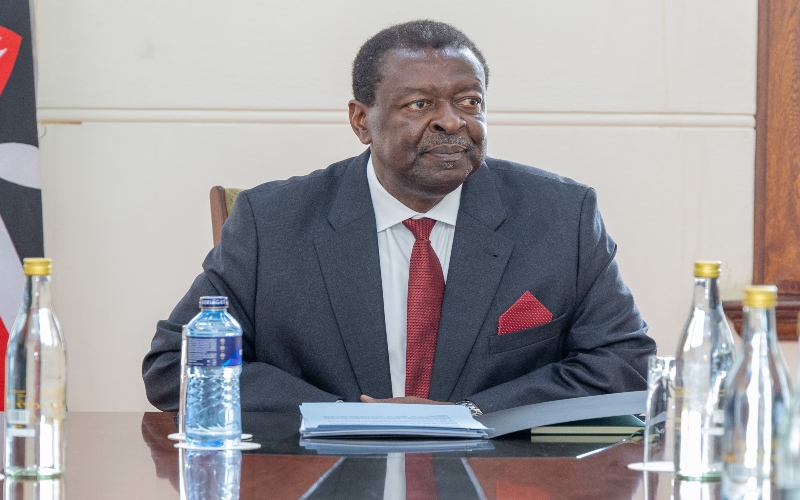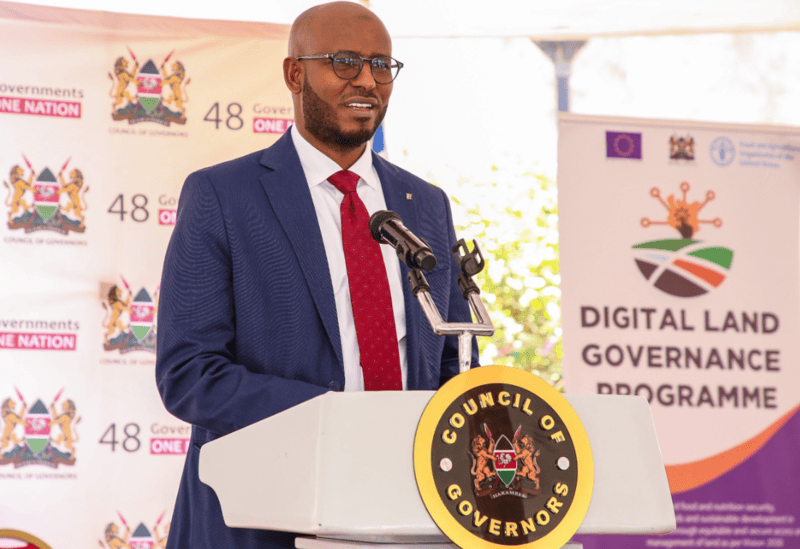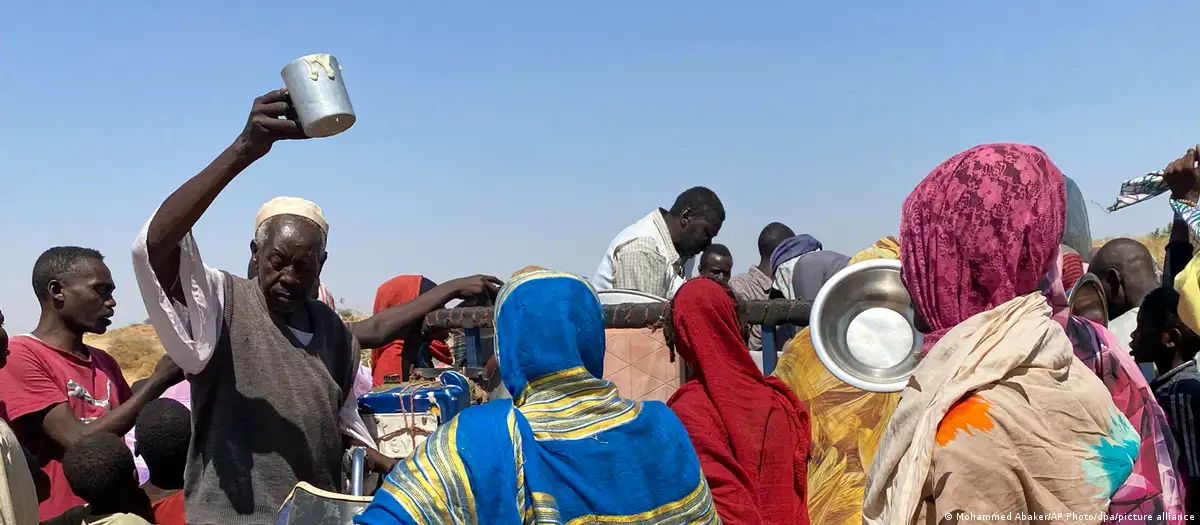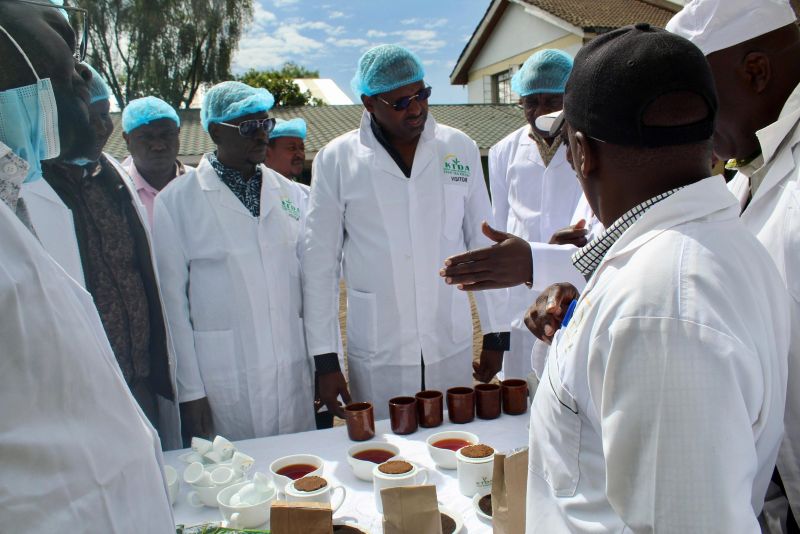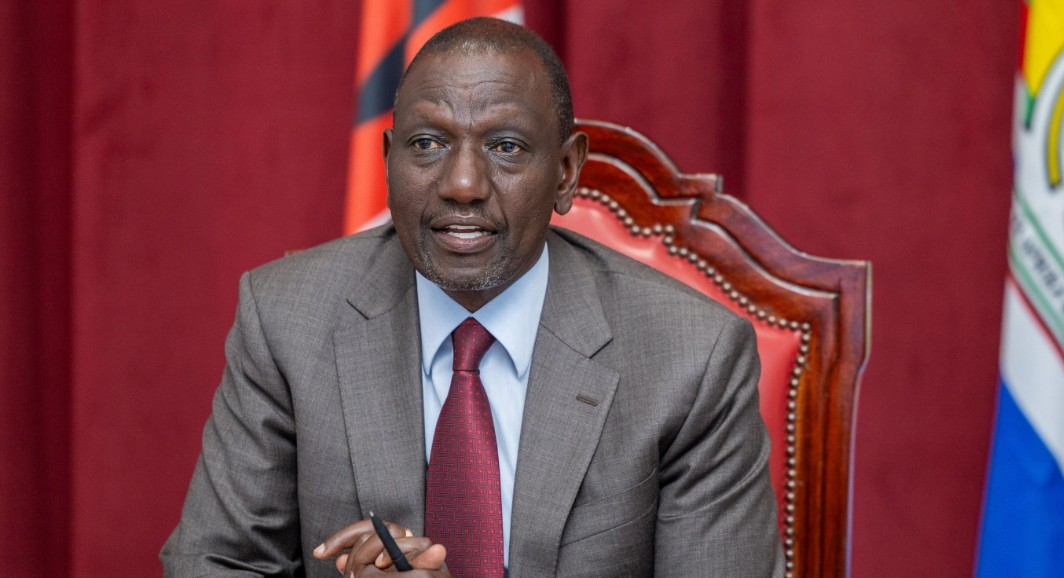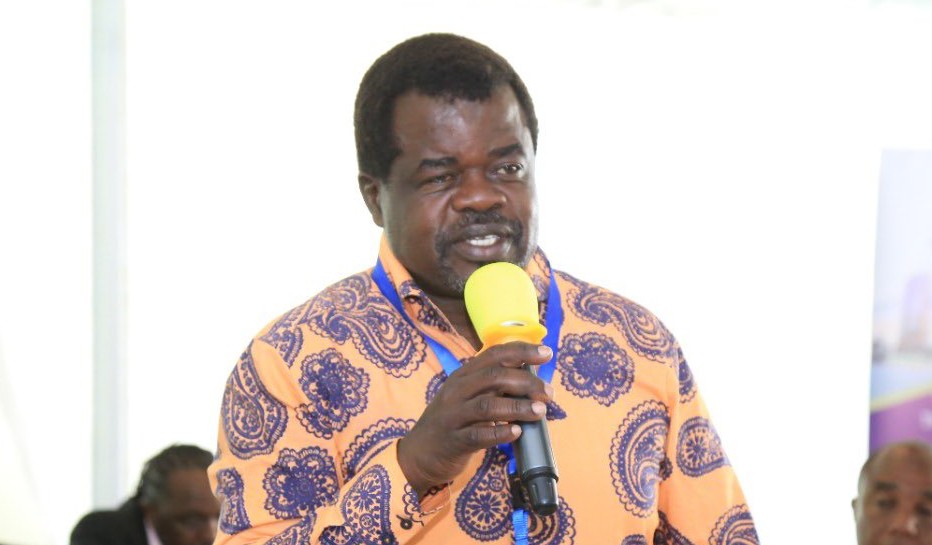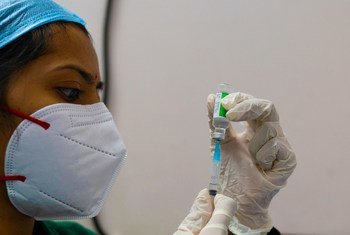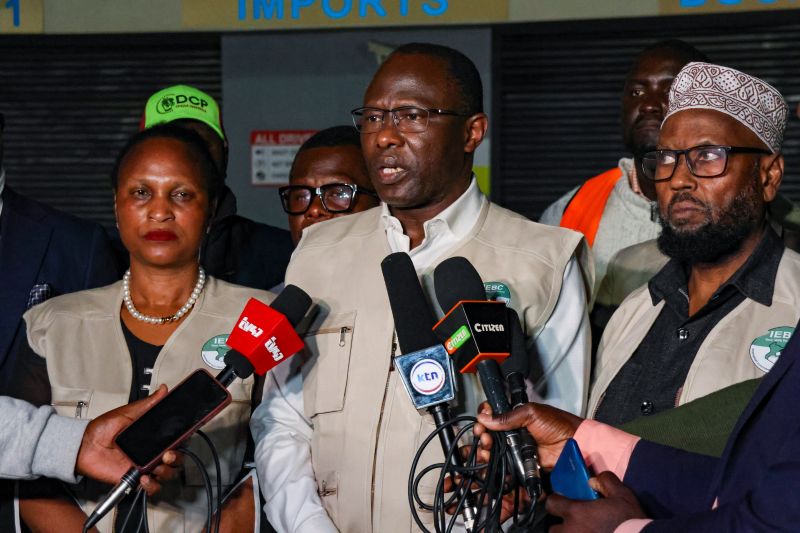Funding shortfall halts national livestock vaccination campaign

Ngigi, who spoke in Naivasha, explained that although Kevevapi was ready to produce the vaccines needed, the entire programme had been abandoned because of financial difficulties.
Efforts to roll out a countrywide livestock vaccination programme have come to a stop, dealing a blow to plans aimed at controlling animal diseases and boosting trade opportunities.
The Directorate of Veterinary Services and the Kenya Veterinary Vaccines Production Institute (Kevevapi) have both indicated that the vaccination drive was suspended because of a lack of funds.
More To Read
- Police tighten security ahead of President Ruto’s State of the Nation address
- President Ruto to deliver third State of the Nation address amid rising public expectations
- President Ruto honoured with CAF Award for supporting Kenyan football
- NLC commissioners conclude term with over 31,000 requests for land regularisation processed
- Ruto orders all hospitals to report every maternal and child death
- Human Rights body flags risky provisions in Computer Misuse Act
“We understand that the exercise was called off due to a lack of money, and this will have significant repercussions on livestock production in the coming months,” said Kenya Veterinary Paraprofessional Association (KVPA) chairman John Ngigi, according to the Standard.
Ngigi, who spoke in Naivasha, explained that although Kevevapi was ready to produce the vaccines needed, the entire programme had been abandoned because of financial difficulties.
He noted that the vaccination plan would have helped establish disease-free zones across the country, which are important for accessing international markets for livestock and related products.
“The frequent quarantines have deprived livestock keepers of income generated from livestock trade, causing the country to lose several markets due to disease outbreaks,” he said.
The suspension of the programme has stirred controversy, with leaders and farmers across different regions expressing concern, suspicion, and in some cases, outright rejection of the initiative.
Last year, President William Ruto unveiled a major vaccination plan targeting 22 million cattle against Foot and Mouth Disease (FMD) and 50 million sheep and goats against Peste des Petits Ruminants (PPR).
However, the ambitious programme was met with widespread resistance, as many leaders, experts, and farmers openly criticised the plan and promised not to take part in it.
The halt of the vaccination effort comes at a time when the National Drought Management Authority (NDMA) recently raised an alarm over an outbreak of livestock diseases in several Arid and Semi-Arid Land (Asal) counties.
The affected areas include Isiolo, Marsabit, Pokot, Garissa, Kitui, Meru, and Narok, where disease outbreaks have severely weakened livestock production and created urgent calls for intervention.
According to NDMA’s March report, Peste des Petits Ruminants and Contagious Caprine Pleuropneumonia (CCPP) were the most commonly reported diseases, especially affecting goats and sheep.
With the vaccination programme shelved indefinitely, livestock keepers now face increased risks, with fears that future outbreaks could further cripple the sector and worsen economic losses.
Top Stories Today
